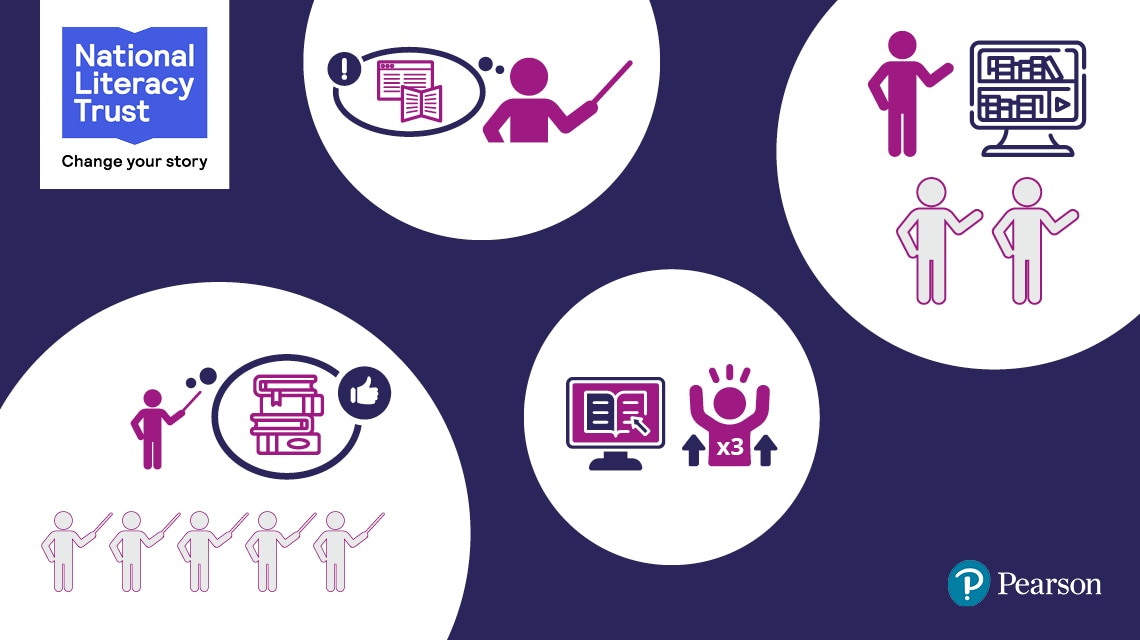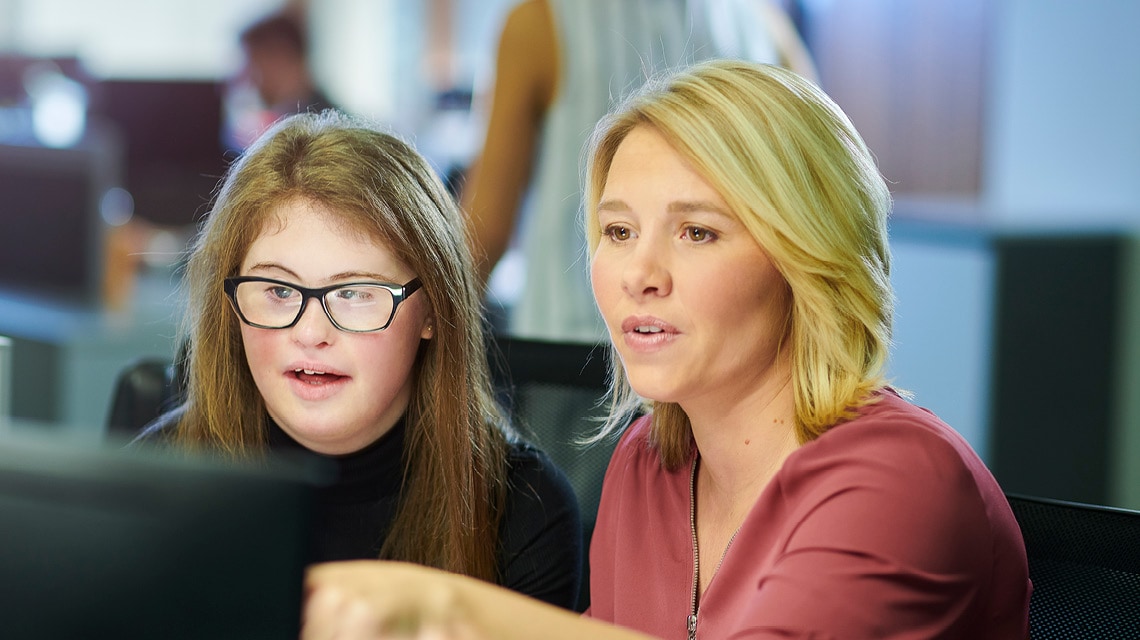Learning from schools today to evolve education tomorrow
Sharon Hague, Managing Director of Pearson School Qualifications, reflects on the launch of our first Pearson School Report earlier this year

We’ve just released the fourth edition of the Pearson School Report. Over 14,000 voices, including teachers, learners, colleges, tutors and home educators, joined the conversation.

Supporting transformation and improvement across your trust
Every trust has a unique set of needs. That’s why we’ll work with you to create the best package of teaching, learning and training solutions for your schools, teachers and learners.

The Curriculum and Assessment Review is a milestone for education and skills in the UK – and it’s just the start. As we turn recommendations into further action, we’ll keep working with students, teachers, partners and sector experts to drive manageable and truly impactful change.

Supporting transformation and improvement across your trust
Our brand-new research with Cebr outlines how investment in digital transformation for state-funded UK schools could make a difference to the future of education and our economy.

Celebrate outstanding teaching. Explore the Pearson National Teaching Awards, discover inspiring stories, and learn how to nominate exceptional educators.
We’re excited to announce the launch of the Using ebooks to support reading for pleasure in 2023 – A survey of primary school teachers report that we’ve worked on in association with the National Literacy Trust.

Sharon Hague, Managing Director of Pearson School Qualifications, reflects on the launch of our first Pearson School Report earlier this year
National Poetry Day is here – and with it, a chance to celebrate the amazing work that pupils have created for Pearson through poetry. Today we take a look at how learners have led the way in shining a light on their journeys and experiences, by sharing our top selection of powerful lines.
Read on for wonderful work from across the UK, plus ideas to help your young bards find fresh inspiration.
Captain Louise Sara is a Fleet Captain and Director of Maritime Standards for a large cruise and travel company. In this personal post for Pearson, she shares her journey to captaincy, using maths to navigate the way.


